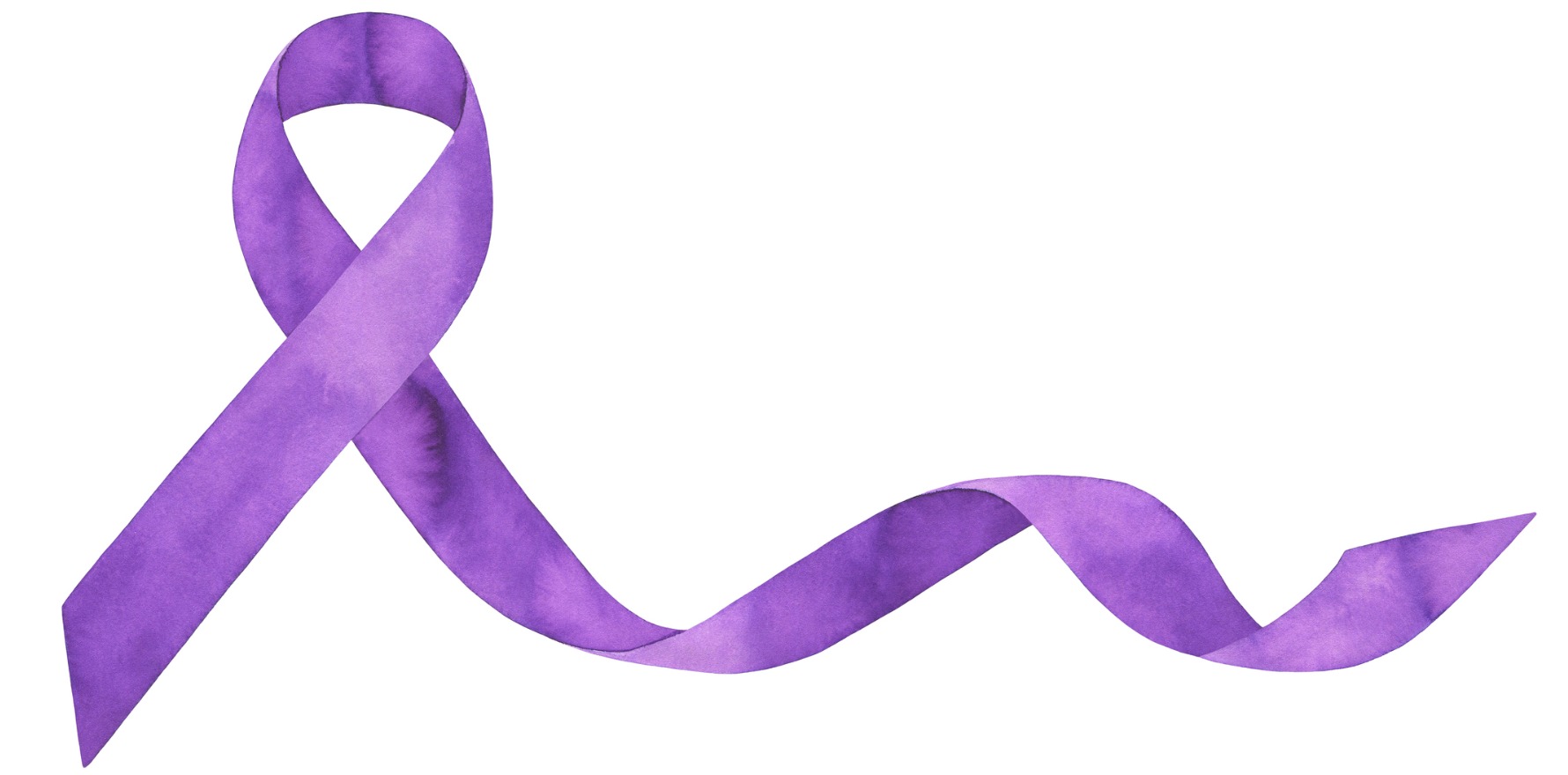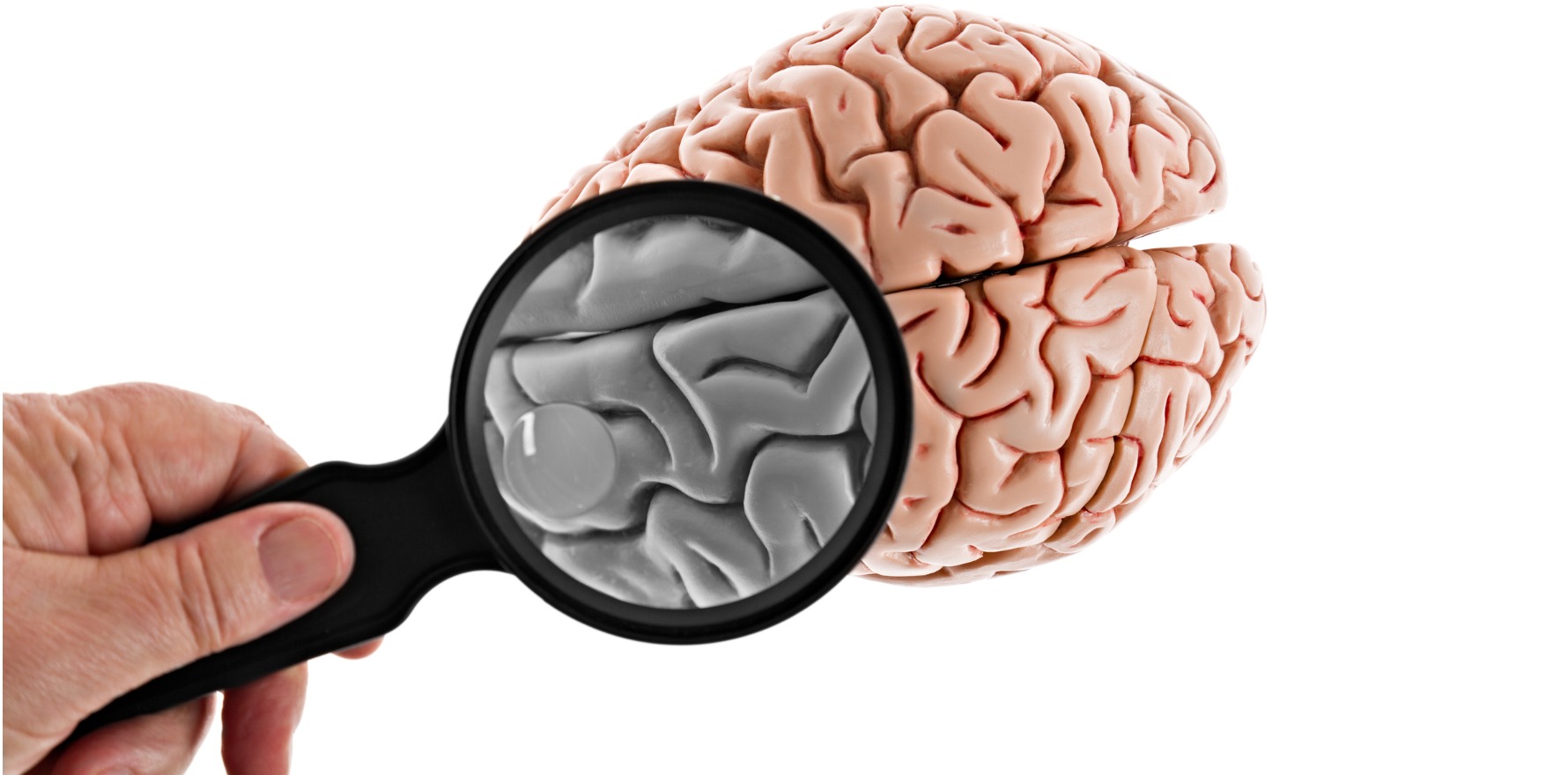Once thought to only affect elite athletes, two women with extensive histories of head trauma have been posthumously diagnosed with chronic traumatic encephalopathy.
Australian researchers have identified early-stage chronic traumatic encephalopathy in the brains of two women with a history of family violence, with pathologists warning that they won’t be isolated cases.
It comes almost exactly one year after Australian researchers confirmed the first finding of CTE in a female athlete.
The findings will be presented in an Acta Neuropathologica article to be published this week, with co-authors from the University of Sydney Brain and Mind Centre, the Royal Darwin Hospital and the University of Adelaide.
One woman was in her 40s, had spent more than 20 years as the victim of intimate partner violence, had presented with assault-related injuries about 30 times and had more than 15 recorded head injuries.
The other was in her 30s, had a 17-year history of intimate partner violence, more than 40 assault-related presentations and more than 20 head injuries.
One was murdered in an alleged assault, and the other died after being struck by a car.
Both had low-grade CTE alongside other brain pathology.
It marks one of the first Australian findings of the rare dementia outside of elite athletes.
The major takeaway for general practice, according to lead author Professor Michael Buckland, is that intimate partner violence interventions should recognise the possibility of cognitive deficits affecting survivors.
“I guess it’s an awareness that maybe some women have cognitive issues [as a result of] domestic violence, and so may or may not act … in a way you’d expect a normal person to act,” he told The Medical Republic.
“It might make it harder for them to leave, because they can’t think and plan properly.”
It also carries implications for CTE prevention strategies.
“I see education as very important in the sporting field, but I don’t know that education on CTE in the domestic violence field would be deeply effective,” Professor Buckland said.
Related
Victorian Institute of Forensic Medicine head pathologist Dr Linda Iles told TMR that the findings highlighted the importance of accurate history taking.
“From a diagnostic point of view, which where my expertise in forensic pathology is, it’s really important that we do the right examination for the right people,” she said.
“And we can only make that decision by getting the right information.”
Because CTE diagnosis requires an extensive brain examination, Dr Iles said that it only tends to be investigated if the family or next of kin bring up a history of head trauma.
“Until such time that [we identify] biomarkers that can lead to a diagnosis during life, I think we will be underestimating the prevalence [of CTE],” she said.





